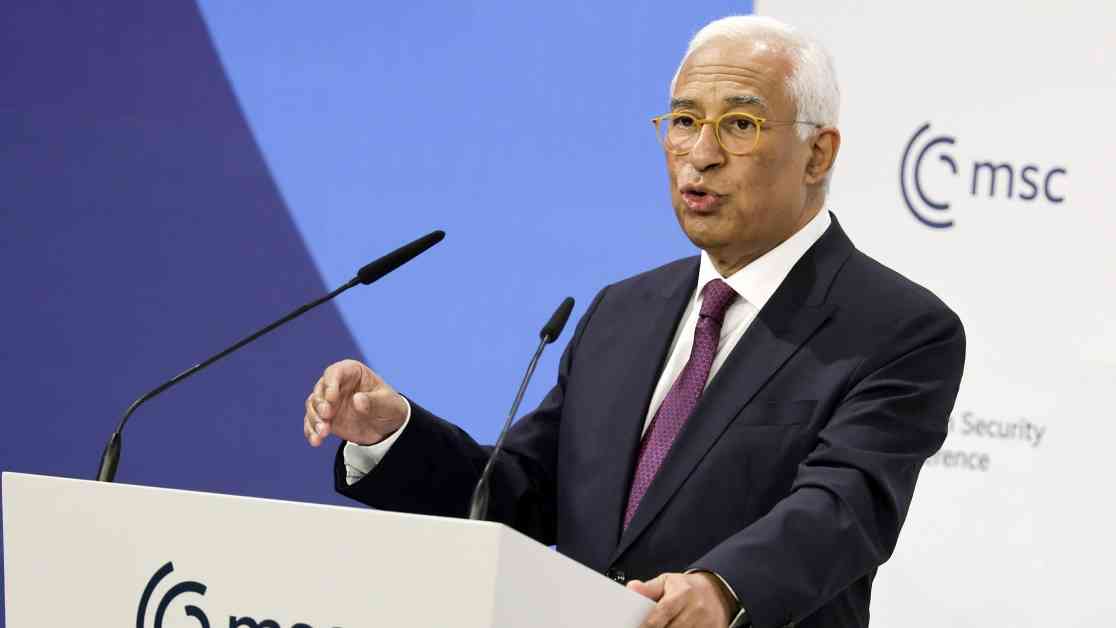The recent call for Europe to engage in negotiations for a ‘New Security Architecture’ with Russia has sparked discussions and debates across political circles and diplomatic corridors. This proposal, aimed at redefining the security landscape in the region, comes at a crucial time when tensions between Russia and Western powers have been escalating. Advocates of this approach argue that a new framework for security cooperation is necessary to address the complex challenges facing Europe and ensure stability and peace in the region.
Challenges and Opportunities in European Security
The current security architecture in Europe, established in the aftermath of World War II and the Cold War, is facing significant challenges in the 21st century. The rise of non-traditional security threats, including cyber attacks, terrorism, and disinformation campaigns, has exposed the limitations of existing security frameworks. At the same time, geopolitical shifts and power dynamics in the region have necessitated a reevaluation of traditional alliances and security arrangements.
In this context, the proposal to negotiate a ‘New Security Architecture’ with Russia presents both challenges and opportunities for European policymakers. On one hand, engaging with Russia on security issues can provide a platform for dialogue and cooperation on shared threats, such as terrorism and organized crime. On the other hand, concerns about Russian aggression, military buildup, and interference in European affairs loom large, raising questions about the feasibility and effectiveness of such negotiations.
Expert Insights and Perspectives
Experts in international relations and security studies offer diverse perspectives on the feasibility and implications of negotiating a new security architecture with Russia. Some argue that dialogue and engagement with Russia are essential to address common security challenges and build trust between adversaries. They emphasize the importance of finding common ground and areas of cooperation to prevent conflict and promote stability in Europe.
Others, however, caution against the dangers of appeasing Russia and compromising on core principles of international law and security. They point to Russia’s track record of aggression and disregard for global norms as reasons to approach negotiations with caution and skepticism. Balancing the need for dialogue with Russia’s actions in Ukraine, Georgia, and other neighboring countries remains a key challenge for European policymakers.
As the debate on a ‘New Security Architecture’ for Europe continues to unfold, the complexities and nuances of the region’s security landscape come into sharp focus. The need for a comprehensive and forward-looking approach to security cooperation, one that addresses both traditional and emerging threats, is evident. Whether Europe and Russia can find common ground and build a new framework for security remains to be seen, but the urgency and importance of the issue are clear.
In conclusion, the call for Europe to negotiate a ‘New Security Architecture’ with Russia reflects the evolving nature of security challenges in the region and the need for innovative solutions. As policymakers, experts, and stakeholders engage in discussions and debates on this proposal, the future of European security hangs in the balance. Finding a delicate balance between cooperation and confrontation, trust-building and deterrence, will be essential in shaping the security landscape of Europe in the years to come.






















